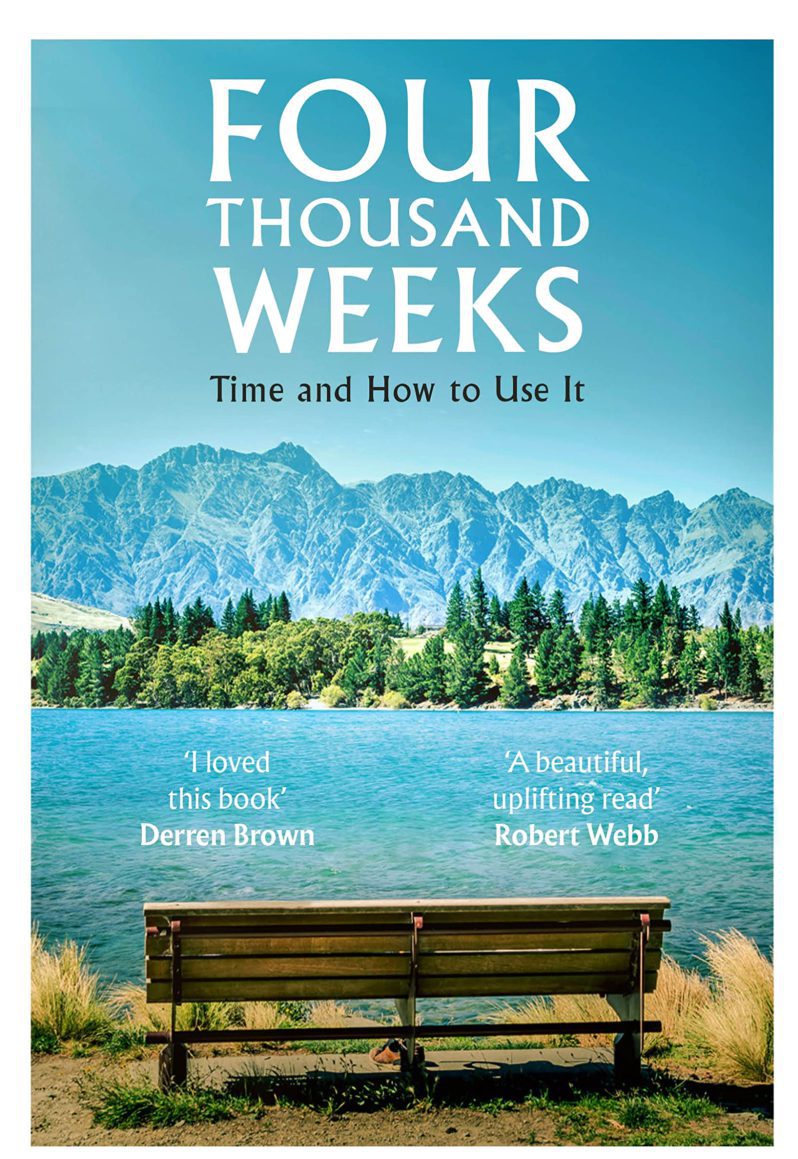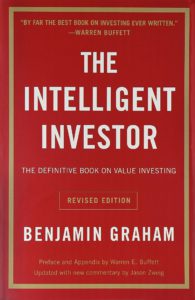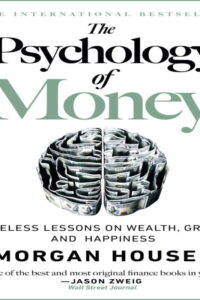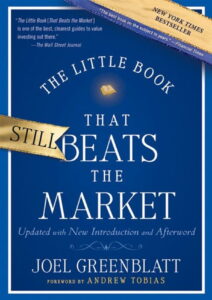This book is an exploration of why we can’t manage our time well. In the process gives answers from psychological as well as philosophical point of view to our limitations. The book “Four Thousand Weeks” by Oliver Burkeman could had been titled Philosophy of time management. In the author’s own words,
“You could think of this book as an extended argument for the empowering potential of giving up hope. Embracing your limits means giving up hope that with the right techniques, and a bit more effort, you’d be able to meet other people’s limitless demands, realise your every ambition, excel in every role, or give every good cause or humanitarian crisis the attention it seems like it deserves.”
It is a well researched book and number of other sources have been quoted like
‘When you can’t do it all, you feel ashamed and give up,’ notes the author Jon Acuff, but when you ‘decide in advance what things you’re going to bomb … you remove the sting of shame’.
But how do you separate time and life ? So here too there is a mix of philosophy of time and life.
You come to see that the terrible eventuality against which you’d spent your life subliminally tensing your muscles, because it would be too appalling to experience, has already happened – and yet here you are, still alive, at least for the time being. ‘Abandoning hope is an affirmation, the beginning of the beginning,’ Chödrön says.
There is commentary on the usual time wasters like social media, and how they are designed to grab our attention, and usually incentivise material that would drive us into a rage, instead of boring and accurate stuff. If you write on social media, you would know this. If you post something sensationalising, it would get more hits and likes. If you post something scientific, it wouldnt reach many people. Few views, few likes and shares. So as a creator, you too are forced to share content that is full of masala ( Hindi word for spice, Indians like spicy food )
Many of us are Productivity Geeks. The author too was a productivity geek. He has explored this aspect in detail, and the emotional and psychological reasons behind it.
I was a ‘productivity geek’. You know how some people are passionate about bodybuilding, or fashion, or rock climbing, or poetry? Productivity geeks are passionate about crossing items off their to-do lists. So it’s sort of the same, except infinitely sadder.
A book on managing time wouldn’t be complete without suggestions on how to use it well. So it is there, in the appendix and some places in between.
So if a certain activity really matters to you – a creative project, say, though it could just as easily be nurturing a relationship, or activism in the service of some cause – the only way to be sure it will happen is to do some of it today, no matter how little, and no matter how many other genuinely big rocks may be begging for your attention.
In between there are no nonsense definitions of things that hold us back:
Procrastination
Procrastination is a strategy of emotional avoidance – a way of trying not to feel the psychological distress that comes with acknowledging that he’s a finite human being.
Distraction
In T. S. Eliot’s words, we are ‘distracted from distraction by distraction’.
Even if you quit Facebook, or ban yourself from social media during the workday, or exile yourself to a cabin in the mountains, you’ll probably still find it unpleasantly constraining to focus on what matters, so you’ll find some way to relieve the pain by distracting yourself: by daydreaming, taking an unnecessary nap, or – the preferred option of the productivity geek – redesigning your to-do list and reorganising your desk.
Hofstadter’s law
Hofstadter’s law’, which states that any task you’re planning to tackle will always take longer than you expect, ‘even when you take into account Hofstadter’s Law’.
Worry
Worry, at its core, is the repetitious experience of a mind attempting to generate a feeling of security about the future, failing, then trying again and again and again – as if the very effort of worrying might somehow help forestall disaster. The fuel behind worry, in other words, is the internal demand to know, in advance, that things will turn out fine
Time comparison with Cash
As the writer David Cain points out, we never have time in the same sense that we have the cash in our wallets or the shoes on our feet. When we claim that we have time, what we really mean is that we expect it. ‘We assume we have three hours or three days to do something,’ Cain writes, ‘but it never actually comes into our possession
Why you shouldn’t spend a year backpacking
Even an undertaking as seemingly hedonistic as a year spent backpacking around the globe could fall victim to the same problem, if your purpose isn’t to explore the world but – a subtle distinction, this – to add to your mental storeroom of experiences, in the hope that you’ll feel, later on, that you’d used your life well.
No time to Read
‘It is not simply that one is interrupted,’ writes Parks. ‘It is that one is actually inclined to interruption.’ It’s not so much that we’re too busy, or too distractible, but that we’re unwilling to accept the truth that reading is the sort of activity that largely operates according to its own schedule.
Life Solutions
‘I was peeling a red apple from the garden when I suddenly understood that life would only ever give me a series of wonderfully insoluble problems. With that thought an ocean of profound peace entered my heart’.
In a nutshell, the book says don’t run after mirage. You can’t catch it however fast you run. Stop. Do what is most important to you, right now, because 4000 weeks are all you have, or may be less. The book is certainly different from the usual time management books because this isn’t about time management, but about a better way to live.




